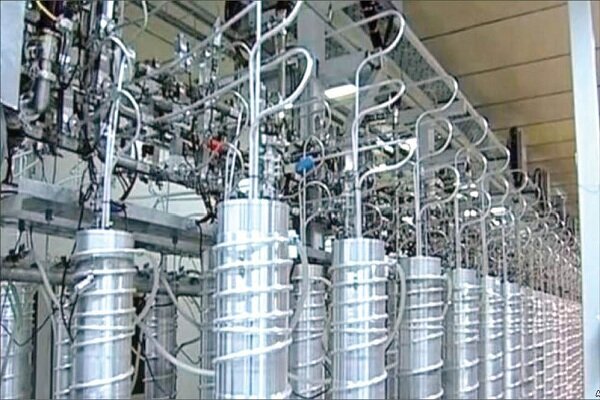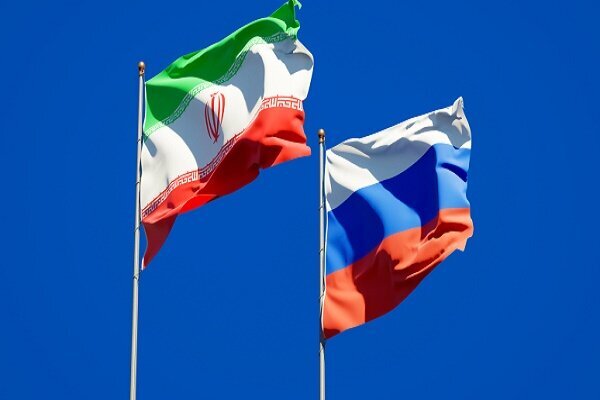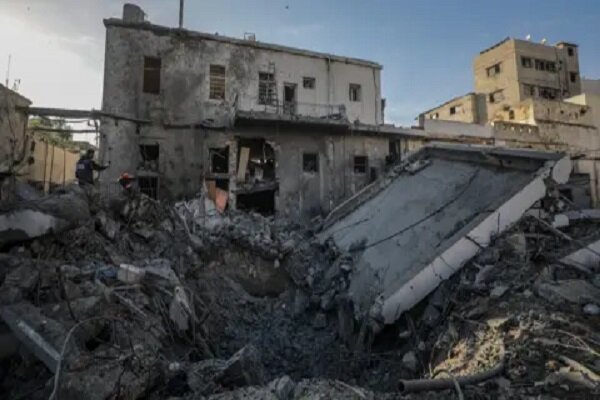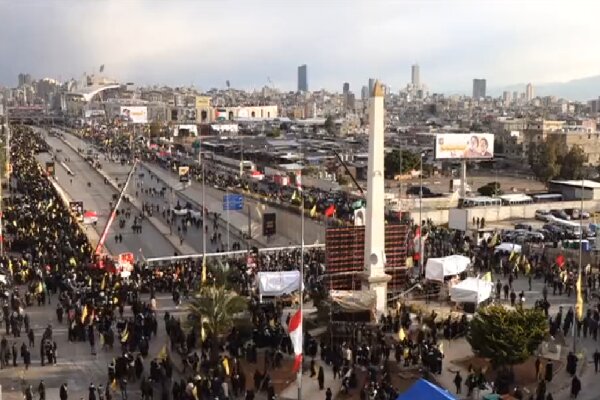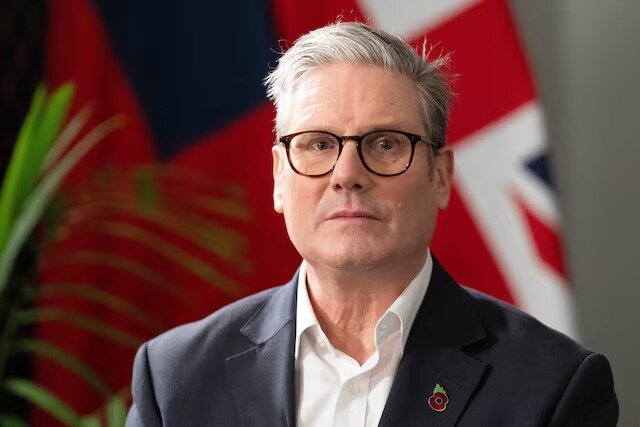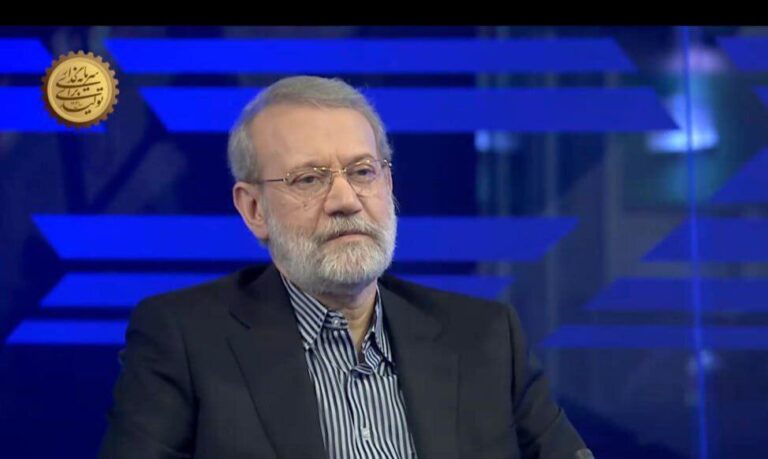Iran Stands Firm: Plans to Keep Uranium Stockpile Amid International Pressures
According to a report by The Guardian, Iran is poised to resist a recent proposal from the United States regarding its stockpile of highly enriched uranium. This proposal, which suggests transferring the uranium to a third country like Russia, is part of ongoing discussions aimed at addressing Tehran’s nuclear program and ensuring it does not lead to the development of nuclear weapons. These negotiations mark a significant moment in the complex relationship between Iran and the US.
The current talks, which began in Muscat, Oman, have highlighted key issues that could serve as stumbling blocks to a potential agreement. The discussions involved Iran’s foreign minister, Abbas Araghchi, and special envoy to Donald Trump, Steve Witkoff, and were primarily conducted through indirect communication.
One of the most contentious points of negotiation revolves around Iran’s stockpile of highly enriched uranium. Here are some of the key arguments presented by Iran:
- Retention of Stockpile: Iran insists that its stockpile, accumulated over the last four years, should remain within its borders.
- UN Oversight: Tehran argues that the uranium should be under the strict supervision of the International Atomic Energy Agency (IAEA).
- Insurance Against US Withdrawal: Iran views the retention of its uranium stockpile as a precautionary measure in the event that a future US administration might withdraw from any agreement, similar to the withdrawal by Donald Trump in 2018 from the 2015 nuclear deal.
Iran is concerned that transferring its uranium stockpile outside the country could leave it vulnerable. If the US were to exit the agreement again, Iran would find itself in a position of having to restart its enrichment program from scratch. This scenario poses a significant risk to Tehran, as it aims to maintain a degree of autonomy and security regarding its nuclear capabilities.
The Guardian report further elaborates that the indirect nature of the discussions in Oman reflects the cautious approach both parties are taking. The delicate nature of these negotiations requires a careful balancing act to avoid any missteps that could derail the process entirely.
In summary, Iran’s resistance to the US proposal regarding its highly enriched uranium stockpile is rooted in concerns about national security and the potential for future US policy shifts. As negotiations continue, the outcome remains uncertain, with both sides grappling to find common ground amid a backdrop of historical tensions.
For further insight into the ongoing negotiations and their implications for international relations, it is essential to monitor developments closely. The persistence of diplomatic efforts underscores the complexities of nuclear negotiations and the importance of strategic communication between the involved parties.
As the situation evolves, stakeholders will be watching closely to see how these discussions impact the broader geopolitical landscape and the future of Iran’s nuclear program. The stakes are high, and the world is keenly interested in the resolutions that may arise from these critical talks.
